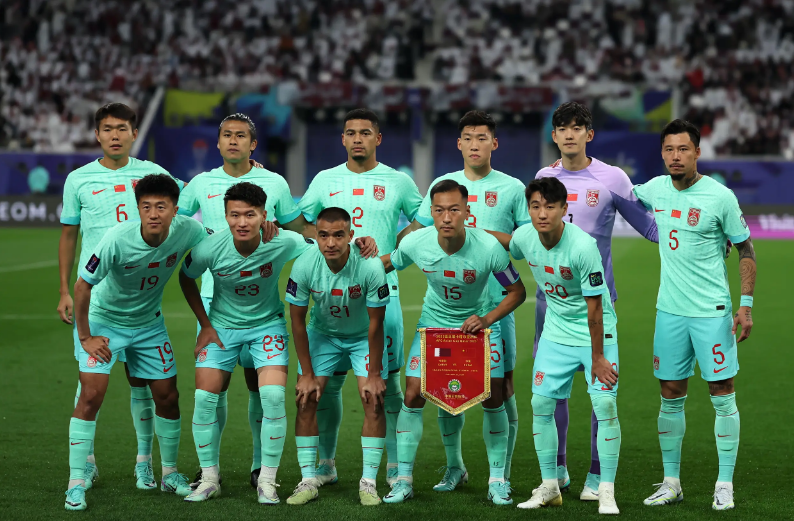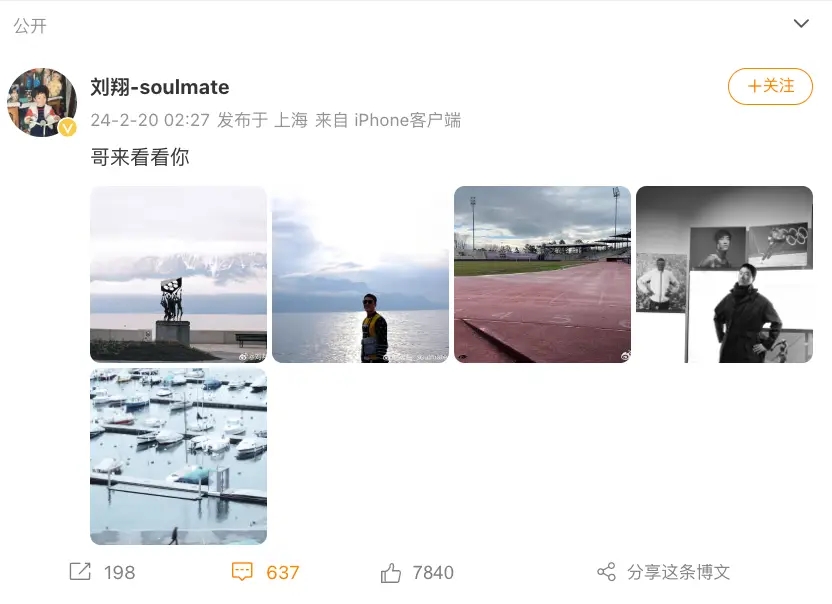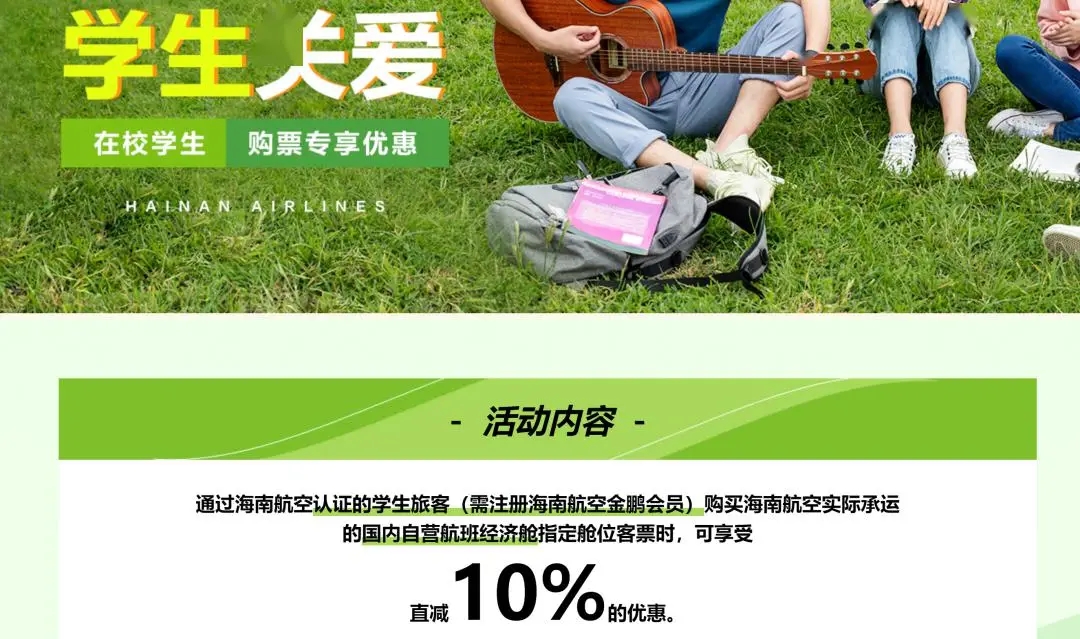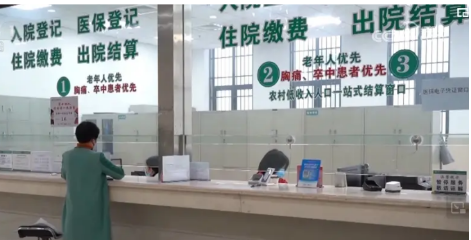New Arthur D. Little/POLIS Future of Mobility Report Outlines Potential Solutions to Double Global S
LONDON -- (BUSINESS WIRE) --
Adopting eight high-impact solutions can transform the growth of virtuous mobility, potentially doubling the share of sustainable mobility in the modal split from approximately 30% to 60% of passenger kilometers (PAX) over the next decade. This is the key finding of the fifth Arthur D. Little (ADL)/POLIS Future of Mobility report, which was published today.
This press release features multimedia. View the full release here: https://www.businesswire.com/news/home/20240912322934/en/
Despite the promise of sustainable mobility to reduce emissions, increase choice and deliver seamless journeys, its progress over the last 15 years has been slow, with use of public transport, active mobility and new/shared mobility services growing by just +10%pts of trips. 70% of passenger-km in urban areas are still by individual car, while the transport sector still contributes to 25-40% of national carbon dioxide (CO2) emissions on a worldwide basis with a steady increase since 1990.
Developed by ADL in combination with POLIS, Europe’s leading network of local and regional authorities advancing sustainable mobility through transport innovation, the fifth Future Mobility study provides a 360-degree perspective on mobility matters. It aims to shed light on what key stakeholders — transport authorities at local, regional, and national levels; public and private mobility services providers; transport sector suppliers; and investors — should do to accelerate the transition toward more sustainable mobility. The joint study is based on extensive interviews and focus groups with sector stakeholders and global research to collect insights from mobility leaders.
Francois-Joseph Van Audenhove, Managing Partner, Head of Travel & Transportation Practice at ADL and leading ADL’s Future of Mobility Lab, comments: “While some progress has been made since we published our first study in 2011, overall the individual passenger car still dominates urban transport. However, our analysis shows that, with comprehensive implementation, appropriate funding, and robust governance at the system level, the implementation of the eight high-impact solutions reviewed have the potential to double the global share of sustainable mobility and accelerate the transition toward more virtuous mobility systems in the next decade. The potential for transformation is evident, yet the real challenge lies in putting it into action.”
Karen Vancluysen, Secretary General, POLIS, comments, “We live in very uncertain and unpredictable times – but looking into the future is a key component of leadership. What trends and challenges are driving our mobility systems? What solutions are out there, and which ones are we actually able to deliver? How can public and private sector initiatives come together and mutually reinforce each other? What will be the game changers in the years to come? This study aims to help us move forward and accelerate the urgent transition to a more sustainable mobility. It supports stakeholders with navigating the innovation landscape and putting ambition into action by prioritising the right solutions.”
The eight solutions reviewed are:
- Climate change mitigation policies – adopting a more joined-up policy approach, complementing electrification with other actions to maximize its impact
- City of Proximity (15 minute city) concepts – shaping cities to be more human-centric and accessible
- Dimensioning of mass transit – developing multimodal masterplans to encourage public transport use
- New mobility services (micro, shared and on-demand) – greater collaboration between local and regional authorities and new mobility service providers to create and grow ‘shared-mobility ecosystems’, combining public transport and new mobility
- Mobility-as-a-Service – adapt a comprehensive approach to frame and enable MaaS solutions that are enabling mobility policy’s objectives, and providing more value than the sum of their parts.
- Autonomous mobility – anticipating the introduction of autonomous vehicles and looking at specific use cases that increase sustainability
- Mobility demand management – driving behavior change through a combination of regulation and cultural change
- Mobility funding – optimizing the efficiency and effectiveness of funding and diversifying funding sources for operators
Individually none of the solutions has an impact of more than around 15%, showing the need for a coordinated sustained approach to enable success. There is also a large gap between theory and practice - 81% of mobility leaders saw the eight solutions as important, but under 60% are confident in the current readiness of mobility systems to implement them, highlighting the need for system-level coordination and enablement to bridge this gap and turn potential into reality.
To read the full report, visit: https://tinyurl.com/bdf7eps6
ABOUT ARTHUR D. LITTLE
Arthur D. Little has been at the forefront of innovation since 1886. We are an acknowledged thought leader in linking strategy, innovation and transformation in technology-intensive and converging industries. We navigate our clients through changing business ecosystems to uncover new growth opportunities. We enable our clients to build innovation capabilities and transform their organizations.
Our consultants have strong practical industry experience combined with excellent knowledge of key trends and dynamics. ADL is present in the most important business centers around the world. We are proud to serve most of the Fortune 1000 companies, in addition to other leading firms and public sector organizations.
For further information, please visit www.adlittle.com
ABOUT POLIS
POLIS is the leading network of cities and regions, working together to advance sustainable urban mobility and innovation. For this reason, we advocate for the increased involvement of local and regional authorities in shaping national and international mobility policies.
Since 1989, European local and regional authorities have collaborated within POLIS to promote sustainable mobility by implementing innovative transport solutions. We enhance local transport by fostering knowledge exchange among these authorities and facilitating dialogue with key mobility stakeholders, including industry, research centers, universities, and NGOs.
POLIS promotes collaboration across Europe by helping our members access European research and innovation funding and results. We empower decision-makers with the information and tools necessary to achieve sustainable mobility through regular meetings of the POLIS Political Group and ongoing dialogue with European institutions.
- 2024世界睡眠日第六届中国睡眠产业峰会召开 睡眠博士携创新成果推动产业高质量发展
- 球球互娱:体育与娱乐内容的精致融合,开启全新体验之旅
- Ella陈嘉桦全新专辑预购夺冠!同名主打曲MV正式上线!
- Malaysia Makes Historic Debut in World's Best Hospitals 2024 by Newsweek
- 日本探测器实现登月但JAXA高官表情沉闷,给出评价“将将及格60分”
- 国潮茶饮“黑马”横空出世,柒香茗开辟中式茶饮新赛道
- 黄昊月《天行健》演绎柳琳,肩负使命演技炸裂
- 肛泰通过综艺营销再次出圈
- Philips successfully prices offering of Notes for EUR 700 million to be used for repayment of existi
- 盼生派C9NMN:纯度高达99.9%实现精准靶向线粒体抗衰
- Schneider Electric Unveils Resi9 Energy Center Retrofit Innovation for Prosumer Homes
- McAfee在精选新款Lenovo人工智能个人电脑上独家推出全球首款自动且人工智能支持的深度伪造检测工具
- 亚马逊海外购618大促炙热上线,集章环游打卡世界的夏天
- 《藏海花》开播 孙一理用角色魅力拉开雪域篇章
- 罗曼诺·王者杯城市快闪登陆深圳,霸气跨界完美收官!
- 格陵兰传热——华东智慧工厂项目奠基
- 联合国支持的公开信 (签署者包括 Gillian Anderson 和 Forest Whitaker) 呼吁各国政府应对全球半数儿童受暴力影响的危机
- 百胜中国创新餐饮体验 点亮五一文旅市场
- 听了马丽在《抓娃娃》首映礼上的发言,才知道为啥她票房成绩好
- Winvest Group Limited Subsidiary IQI Media Offering Demos of Launchrr
- Alpha系统写作GPT 再升级,为律师提供写作质效双保障
- Esri推出新版的ArcGIS Pro Python编码畅销书
- 大幕再开!2024 CWIEME柏林线圈展强势来袭,邀您共赴海外之约!
- Plug Signs Technical Evaluation Phase Contract for 25 MW of PEM Electrolyzers with Dourogás and CapW
- 汕饮糖水一个人能开店吗,开一家无人自助糖水铺一人轻松开店
- 国寿财险:闻“汛”而动 向“险”而行
- 天后容祖儿压轴登场本年度新濠尊属系列演唱会
- 见证丰收!金鹏展翅·金骨朵网络影视盛典荣誉全揭晓
- Instagram快速引流神器,ins全球粉丝采集软件,ig引流助手/ins协议号商
- AVEVA通过DNV数字基础设施验证加速海事与海洋解决方案数字化
推荐
-
 国足13次出战亚洲杯首次小组赛0进球
北京时间1月23日消息,2023亚洲杯小组
资讯
国足13次出战亚洲杯首次小组赛0进球
北京时间1月23日消息,2023亚洲杯小组
资讯
-
 中央气象台连发四则气象灾害预警
暴雪橙色预警+冰冻橙色预警+大雾黄色预警+
资讯
中央气象台连发四则气象灾害预警
暴雪橙色预警+冰冻橙色预警+大雾黄色预警+
资讯
-
 中国减排方案比西方更有优势
如今,人为造成的全球变暖是每个人都关注的问
资讯
中国减排方案比西方更有优势
如今,人为造成的全球变暖是每个人都关注的问
资讯
-
 大家一起关注新疆乌什7.1级地震救援见闻
看到热气腾腾的抓饭马上就要出锅、村里大家
资讯
大家一起关注新疆乌什7.1级地震救援见闻
看到热气腾腾的抓饭马上就要出锅、村里大家
资讯
-
 奥运冠军刘翔更新社交账号晒出近照 时隔473天更新动态!
2月20日凌晨2点,奥运冠军刘翔更新社交账号晒
资讯
奥运冠军刘翔更新社交账号晒出近照 时隔473天更新动态!
2月20日凌晨2点,奥运冠军刘翔更新社交账号晒
资讯
-
 抖音直播“新红人”进攻本地生活领域
不难看出,抖音本地生活正借由直播向本地生活
资讯
抖音直播“新红人”进攻本地生活领域
不难看出,抖音本地生活正借由直播向本地生活
资讯
-
 海南大学生返校机票贵 有什么好的解决办法吗?
近日,有网友在“人民网领导留言板&rdqu
资讯
海南大学生返校机票贵 有什么好的解决办法吗?
近日,有网友在“人民网领导留言板&rdqu
资讯
-
 周星驰新片《少林女足》在台湾省举办海选,吸引了不少素人和足球爱好者前来参加
周星驰新片《少林女足》在台湾省举办海选,吸
资讯
周星驰新片《少林女足》在台湾省举办海选,吸引了不少素人和足球爱好者前来参加
周星驰新片《少林女足》在台湾省举办海选,吸
资讯
-
 透过数据看城乡居民医保“含金量” 缴费标准是否合理?
记者从国家医保局了解到,近期,全国大部分地区
资讯
透过数据看城乡居民医保“含金量” 缴费标准是否合理?
记者从国家医保局了解到,近期,全国大部分地区
资讯
-
 看新东方创始人俞敏洪如何回应董宇辉新号分流的?
(来源:中国证券报)
东方甄选净利润大幅下滑
资讯
看新东方创始人俞敏洪如何回应董宇辉新号分流的?
(来源:中国证券报)
东方甄选净利润大幅下滑
资讯

